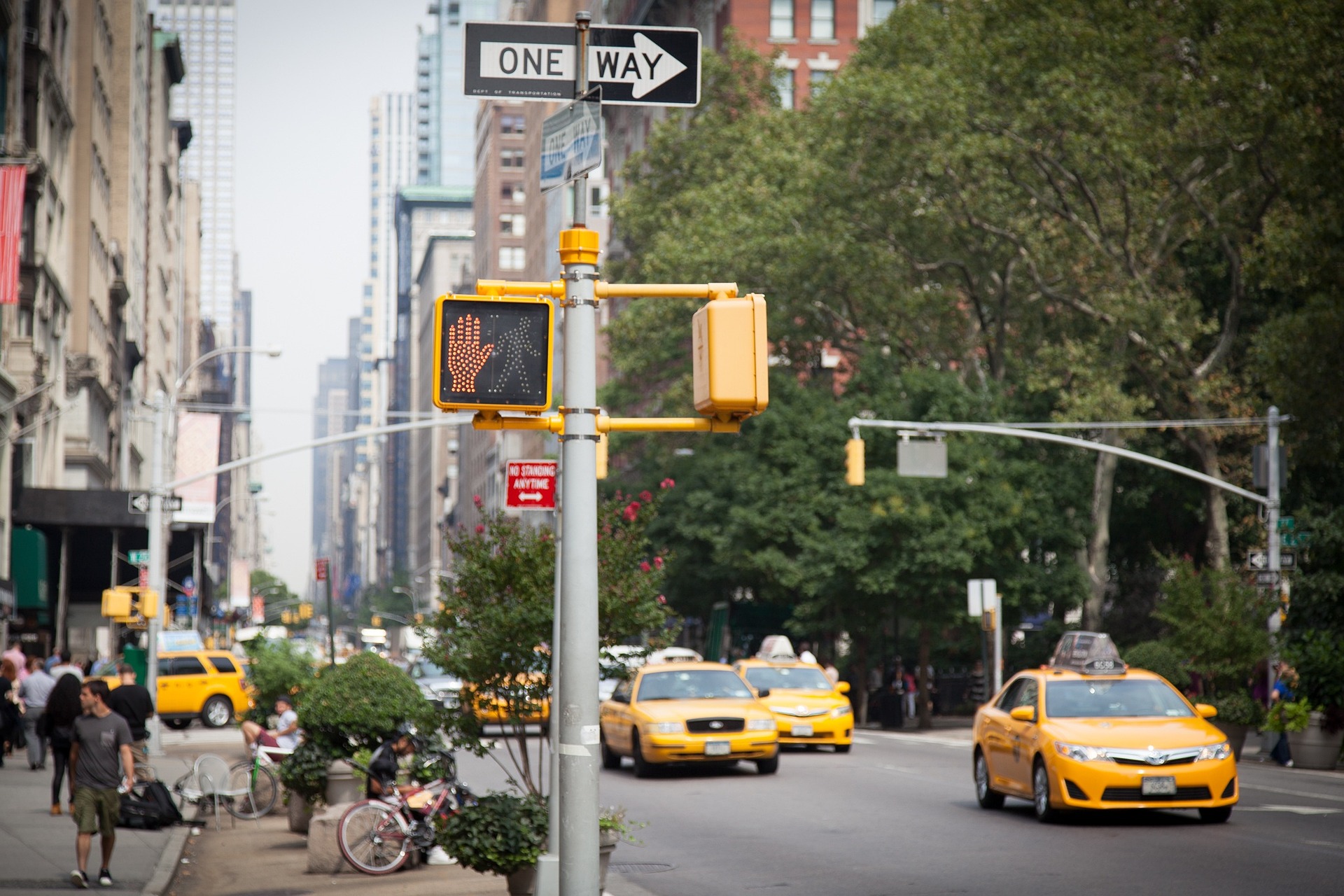Unveiling the Allure of Hidden City Ticketing: A Controversial Travel Trend
The travel industry is an ever-evolving realm, continually fostering the emergence of new trends and practices. One such trend that has garnered attention and controversy in recent years is Hidden City Ticketing—a practice that involves booking a flight with a layover at your desired destination and skipping the last leg of the journey. This article delves into the labyrinth of this contentious travel trend, examining its benefits, challenges, and impact on travelers and the aviation industry.

The Genesis of Hidden City Ticketing
Hidden City Ticketing is not a novel concept—it has been around for decades, albeit under the radar. The practice is rooted in the complex pricing strategies of airlines, which often price flights based on market demand rather than distance. This means that a flight from City A to City B could cost more than a flight from City A to City C with a layover at City B, even though the latter covers a longer distance.
The Current State of Hidden City Ticketing
With the advent of the digital age and the rise of travel comparison websites, Hidden City Ticketing has become increasingly popular. Many travelers, particularly budget-conscious ones, see it as a smart way to save money on airfare. However, this practice is frowned upon by airlines and is often considered a breach of contract, leading to potential penalties for travelers caught using this method.
Pros and Cons of Hidden City Ticketing
The allure of Hidden City Ticketing lies in its potential for significant savings. However, it is not without its drawbacks. The practice can lead to missed flights if the initial flight is delayed, and flyers won’t be able to check-in luggage as it would be routed to the final destination. Furthermore, frequent use of this method could lead to airlines flagging the traveler’s account, leading to potential repercussions.
Hidden City Ticketing: A Grey Area in Travel Ethics
The ethical implications of Hidden City Ticketing are a topic of heated debate. Critics argue that it is a form of fare dodging that could lead to increased prices for all travelers if airlines have to compensate for the lost revenue. On the other hand, proponents of the trend argue that it merely exploits the airlines’ opaque and often unjust pricing strategies.
The Impact on the Travel and Transportation Industry
The rise of Hidden City Ticketing has had a notable impact on the aviation industry. Several airlines have taken legal action against websites promoting the practice, arguing that it is harmful to their business model. However, the controversy surrounding Hidden City Ticketing has also led to a broader conversation about airline pricing transparency and fairness.
Lesser-Known Aspects of Hidden City Ticketing
-
Travelers using this method should book one-way tickets to avoid having the return portion of their trip canceled.
-
Some airlines have specific clauses in their contract of carriage prohibiting Hidden City Ticketing.
-
The practice is more prevalent for domestic travel rather than international flights.
In conclusion, Hidden City Ticketing is a controversial travel trend that has sparked debate about airline pricing strategies and the ethics of travel hacks. While it offers potential savings, it also poses considerable risks and ethical dilemmas. As travelers, it’s essential to be informed about such practices and consider their broader implications before deciding to use them.




